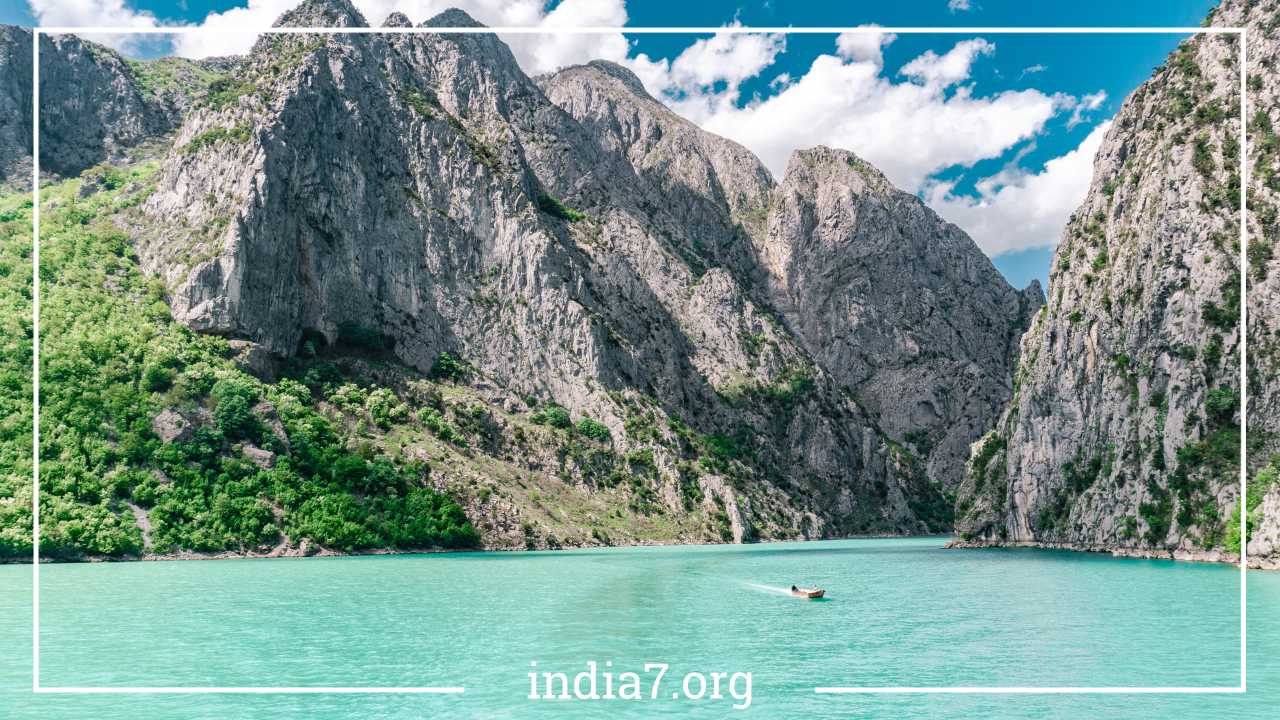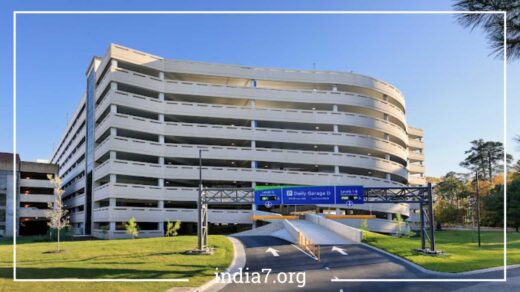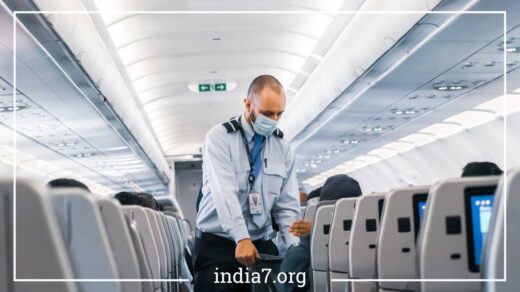Travel Tips for Albania: Discover the Hidden Gem of Europe

Albania
Albania, often referred to as the hidden gem of Europe, is a country with a rich history, stunning landscapes, and a unique cultural identity. Despite its relatively small size, it offers a diverse range of experiences for travelers, from its mountainous terrain to its beautiful coastline.
In this comprehensive guide, we will delve deep into the various aspects of traveling to Albania, including its culture, cuisine, transportation, sightseeing opportunities, accommodation options, and more. By the end of this guide, you will have a thorough understanding of what to expect when visiting Albania and how to make the most of your trip to this enchanting country.
Culture and Customs
Albania’s culture is a fascinating blend of influences from its historical past, including Greek, Roman, Byzantine, and Ottoman periods. To fully appreciate your experience in Albania, it’s essential to understand and respect its cultural customs.
- Communication: Albanians are known for their warm hospitality. When greeting someone, a firm handshake is customary. Interestingly, in Albania, nodding one’s head signifies ‘no,’ while shaking the head means ‘yes.’ This can be initially confusing for foreigners, so pay attention to avoid misunderstandings.
- Addressing People: When addressing someone, it’s common to use the prefix “Zoti” (Mr.) or “Zonja” (Mrs.) before their name as a sign of respect. While the term “Shoku” (Comrade) was once used, it has largely fallen out of favor.
- Dress Code: Albanians typically dress informally in their day-to-day lives. While swimwear is acceptable at the beach, it is advisable for women to dress modestly elsewhere. Revealing outfits may draw unwanted attention.
- Gift Giving: When visiting someone’s home, it’s customary to bring a small gift as a token of appreciation. However, be aware that flowers are not always well-received as gifts.
- Hospitality: Albanians are renowned for their warm hospitality. Guests are often served coffee, raki (a traditional alcoholic beverage), or sweets as a gesture of welcome.
- Smoking: Smoking is still prevalent in Albania, and smokers need not worry too much. However, it is essential to respect designated non-smoking areas, marked as “Ndalohet Duhani” or “Ndalohet pirja e duhanit.”
Traveling Within the Country
Getting around Albania is relatively straightforward, and there are various modes of transportation to choose from, depending on your preferences and budget.
- Buses: Buses are a cost-effective way to travel within Albania, especially in major cities. They offer a convenient mode of transportation for tourists on a budget.
- Taxis: Taxis are readily available, particularly in urban areas and around major hotels. While they are more expensive than buses, they provide a more comfortable and convenient means of transportation.
- Dajti Ekspres Cable Car: For a memorable experience, consider taking the Dajti Ekspres Cable Car. This 15-minute ride offers breathtaking views as it passes through Dajt Park on its way to Tirana.
- Yachting: If you seek luxury and adventure, Alpha Yachting provides crewed yacht experiences. Explore Albania’s stunning coastline in style.
- Money Matters: Tirana Bank is recommended for withdrawing money, as it provides access to Visa cards.
Eating Out in Albania
Albanian cuisine is a delightful fusion of Mediterranean and Balkan flavors. When dining out, here are some tips to enhance your culinary experience:
- Dress Warmly: Restaurants in Albania may not always be sufficiently heated, so it’s advisable to wear warm clothing when dining out, particularly during the winter months.
- Foreigner Pricing: Be aware that as a foreigner, you may be charged higher prices than locals, both for entry fees and merchandise. It’s wise not to reveal your tourist status when exploring the streets to avoid unnecessary price hikes.
Sightseeing and Outdoor Activities
Albania boasts a wealth of natural beauty and outdoor activities for adventure enthusiasts and nature lovers.
- Canoeing, Rock Climbing, Hiking, and Camping: Just outside Tirana, you’ll find excellent spots for canoeing, rock climbing, hiking, and camping. Explore the rugged landscapes and immerse yourself in the great outdoors.
Accommodation Options
Choosing the right accommodation can greatly impact your overall travel experience. Albania offers a range of options to suit different preferences and budgets.
- The Sheraton Tirana Hotel and Towers: For those seeking a 5-star ambience, The Sheraton Tirana Hotel and Towers is an excellent choice. It is conveniently located in the heart of a shopping and entertainment center and offers approximately 151 rooms and 56 suites. This means you can enjoy both comfort and convenience during your stay.
- Hotel Mondial: Located 1000 meters away from the city center, Hotel Mondial is another top-notch option. It combines modern amenities with traditional architecture, offering a comfortable and culturally immersive experience.
Getting to Albania
Reaching Albania is relatively straightforward, with multiple transportation options available.
- By Air: The most convenient way to reach Albania is by air. Albanian Airlines, in collaboration with Tyrolean Airways, serves numerous major European cities. The main airport, Mother Teresa Airport, is located 16 miles (26 km) from the capital, Tirana. A tourist bus operates every 3 hours, providing a 30-minute ride to the city center. Taxis are also readily available at the airport.
- Departure Tax: It’s important to note that a departure tax of $10 USD is imposed on all foreign nationals departing from Albania. Be prepared to pay this fee when leaving the country.
- Flight Information: You can check flight times and special offers on the official website of Albanian Airlines, www.flyalbanian.com.
- By Sea: If you prefer sea travel, Albania offers ferry services operated by Adriatic Line and Agoudimos. These ferries connect Albania to various Italian destinations, including Bari, Brindisi, Trieste, Ancona, and Corfu.
- Main Ports: The main ports in Albania with ferry connections are Durres, Vlora, Saranda, and Shen Gjini.
- By Bus: Bus travel is another option for reaching Albania. Buses from Istanbul, Athens, and Sofia provide international connections. Additionally, within Albania, there are extensive bus services that cater to local travelers.
- By Road: If you prefer traveling by road in your own private car, Albania has road networks to neighboring Kosovo. However, it’s essential to be cautious due to political tensions in some regions. Crossings at Hani I Hotit, Bllata, Oafa e Thaes, Tushemisht, Gorica, Kapshtica, and Kakavija are possible but should be undertaken with care.
- Road Conditions: The road network in Albania covers approximately 18,000 km, of which only 7,450 km are main roads. Some roads may be in poor condition with potholes, so exercise caution. Adhere to speed limits on highways and within towns.
- Night Driving: Driving at night is not recommended, especially outside urban areas, as street lighting is limited.
- Gas Stations: Gas stations may be scarce in rural areas, so it’s advisable to fill your gas tank in urban areas. Given the lack of a national recovery system, be prepared for emergencies or breakdowns.
- Documentation: Ensure you have the necessary documents, including an International Driving Permit and your national driving license, when driving in Albania.
Duty-Free Shopping
When shopping in Albania, it’s helpful to know what items you can bring into the country without incurring customs duties:
- Spirits and Wine: You can bring 1 liter of spirits or 2 liters of wine.
- Perfume and Eau de Toilette: You are allowed 250 ml of eau de toilette.
- Tobacco: You can bring 200 cigarettes, 50 cigars, or 250 grams of tobacco.
- Perfume: You are allowed 50 ml of perfume.
Prohibited Items
While Albania is generally welcoming to tourists, some items are strictly prohibited:
- Firearms: It is illegal to carry firearms, ammunition, or any weapon without proper authorization.
- Narcotics: The possession or distribution of narcotics is a serious offense in Albania and is strictly prohibited.
- Precious Metals and Artifacts: Special export permissions are required for the export of precious metals, books, antiques, works of art, or materials of national or historic value. Attempting to export such items without authorization can result in legal consequences.
Final Thoughts
Albania, with its breathtaking landscapes, rich culture, and warm hospitality, offers a unique and rewarding travel experience. Whether you’re exploring the ancient streets of Tirana, embarking on outdoor adventures in the Albanian wilderness, or enjoying the country’s culinary delights, Albania has something to offer every traveler. By following these travel tips and being mindful of the local customs, you can make the most of your journey to this hidden gem of Europe and create lasting memories in this enchanting destination.



